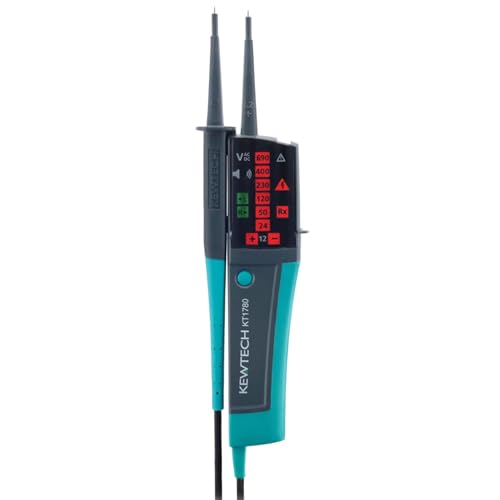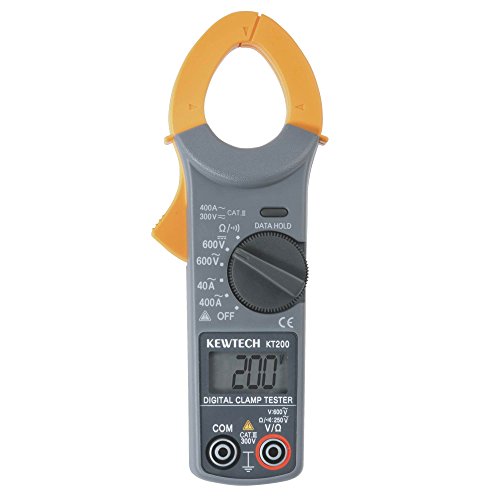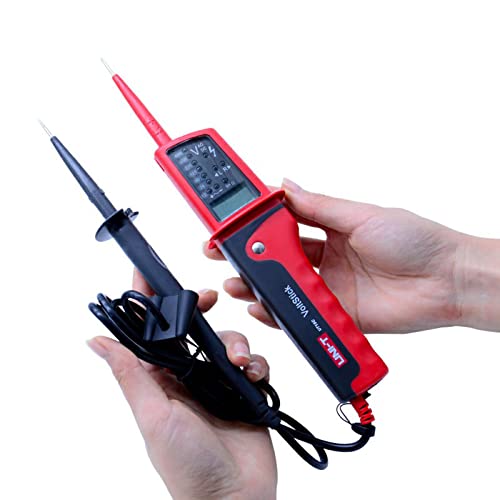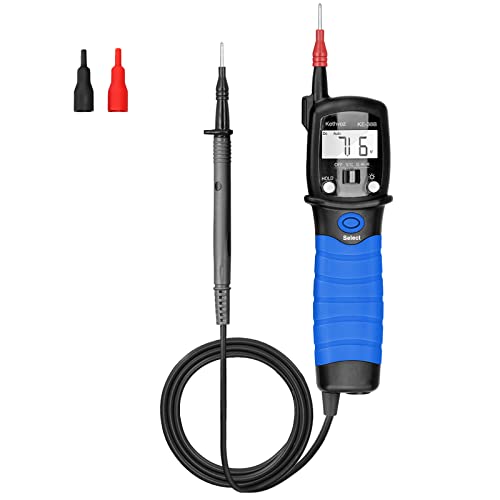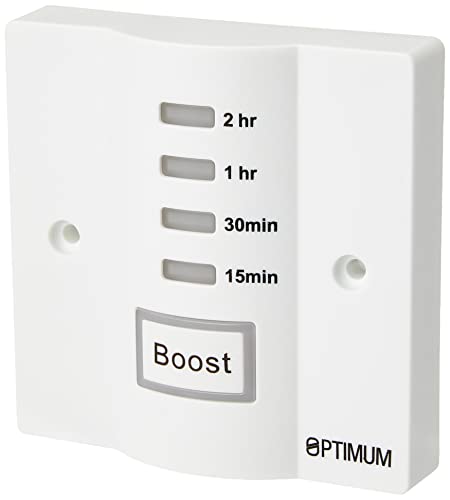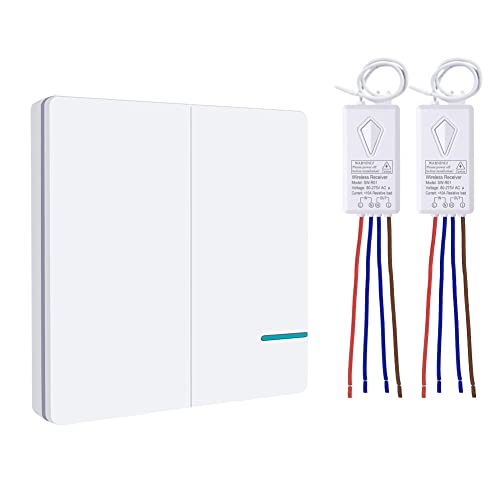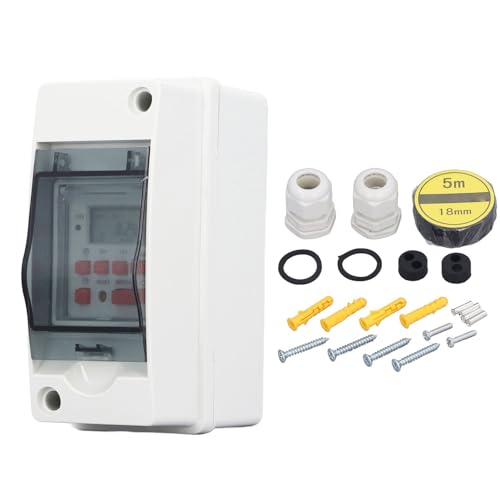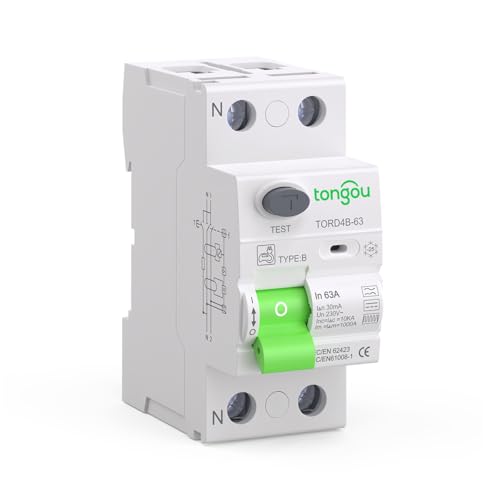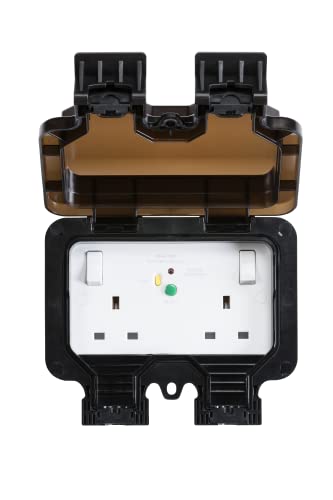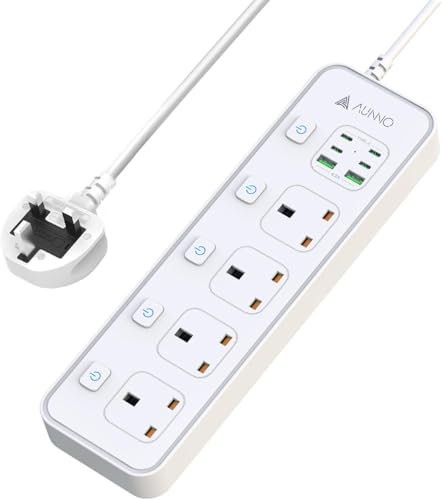What is an Electrical Tester and How Does it Work?
Understanding the Functionality of Electrical Testers
An electrical tester is a handy tool that we use to check the presence and strength of electricity in circuits and electrical devices. Imagine you’re trying to figure out if a lamp is working. By using an electrical tester, we can easily determine if there’s power flowing through the socket or if the bulb itself is the issue. These testers usually work by detecting voltage, and they can alert us through lights or sounds when electricity is present. In essence, they serve as our first line of defence against electrical issues.
Types of Electrical Testers: Which One is Right for You?
Exploring the Different Types
When it comes to choosing an electrical tester, we come across a few main types, each tailored for specific needs. The simplest one is the non-contact voltage tester, which we would use to check if a wire is live without touching it. Then, there’s the multimeter, which is a more versatile device that measures not only voltage but also current and resistance. For those who engage in more complex electrical tasks, an oscilloscope might be suitable as it provides a visual representation of electrical signals. Understanding our specific requirements can help us pick the right tool effortlessly.
Key Features to Look for in an Electrical Tester
Identifying Essential Features
When we’re on the hunt for an electrical tester, there are a few key features that can enhance our user experience. One of the most important is a clear display, which makes it easy to read measurements, especially in dim lighting. Another useful feature is an automatic shut-off function that saves battery life. Additionally, having a robust casing can protect the tester from accidental drops or harsh working environments. If we’re working in potentially hazardous areas, testers with an ergonomic design will also make handling safer and more comfortable.
How to Use an Electrical Tester Safely and Effectively
Prioritising Safety During Use
To use an electrical tester effectively, we must prioritise safety at all times. Before beginning any testing, it’s crucial to ensure that our tester is in good condition and the batteries are fully charged. Always wear appropriate personal protective equipment like rubber gloves to reduce the risk of electric shocks. When testing, we should hold the tester by its insulated parts and avoid touching metal parts. Remember, patience is paramount — take the time to understand the readings and processes to prevent accidents.
Top Recommendations for Electrical Testers for Every Need
Choosing the Right Tester for You
Based on our assessments of various user needs, we can confidently recommend a few standout options. For basic household tasks, we suggest a user-friendly non-contact voltage tester that is both safe and simple to operate. If our tasks require versatility, a multimeter should fit the bill, providing us with a range of measurement functions. For those engaging in more professional or intricate projects, we might want to invest in a high-end multimeter with advanced features. No matter what our specific needs are, there’s certainly a quality electrical tester out there for us.

